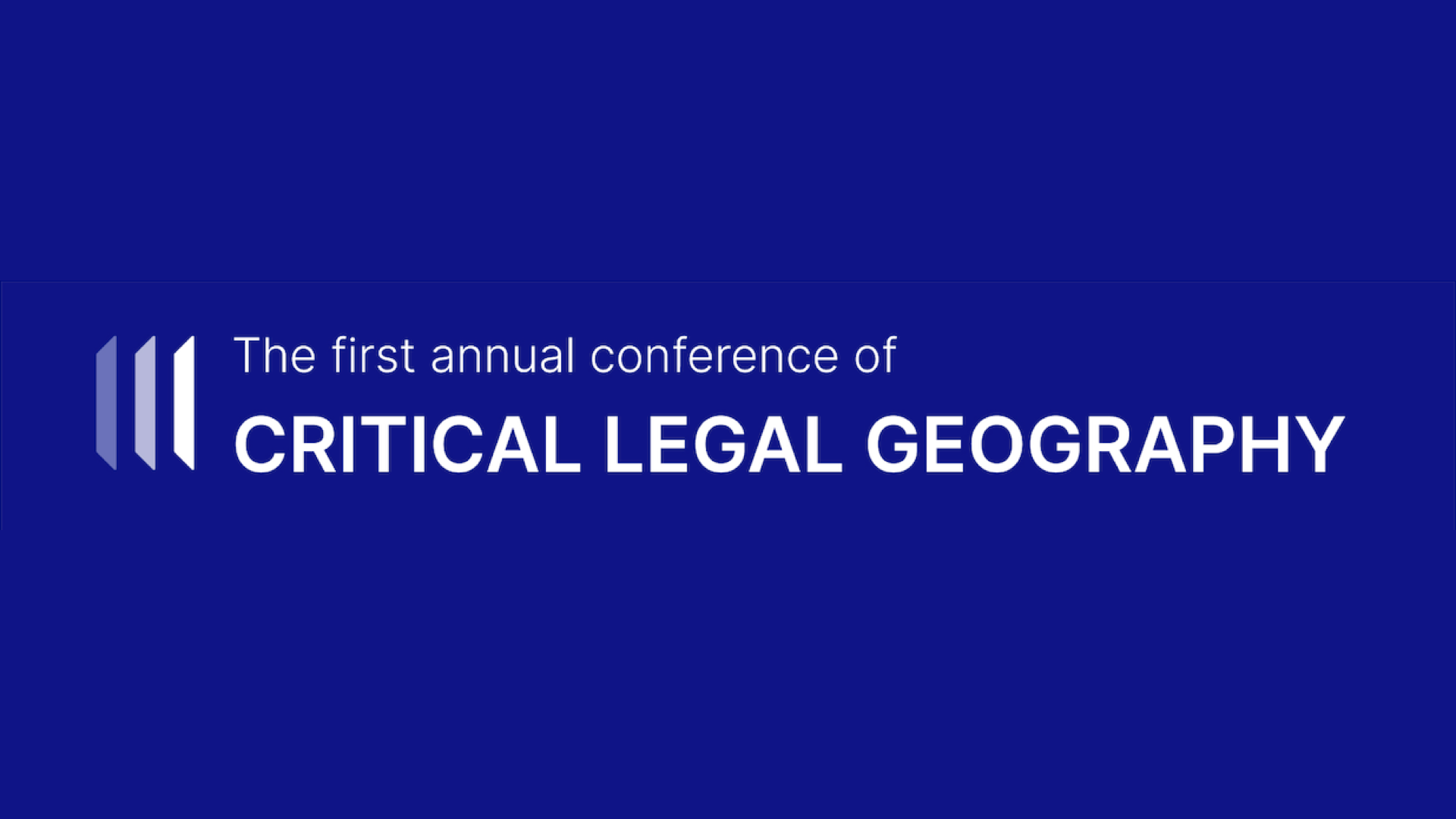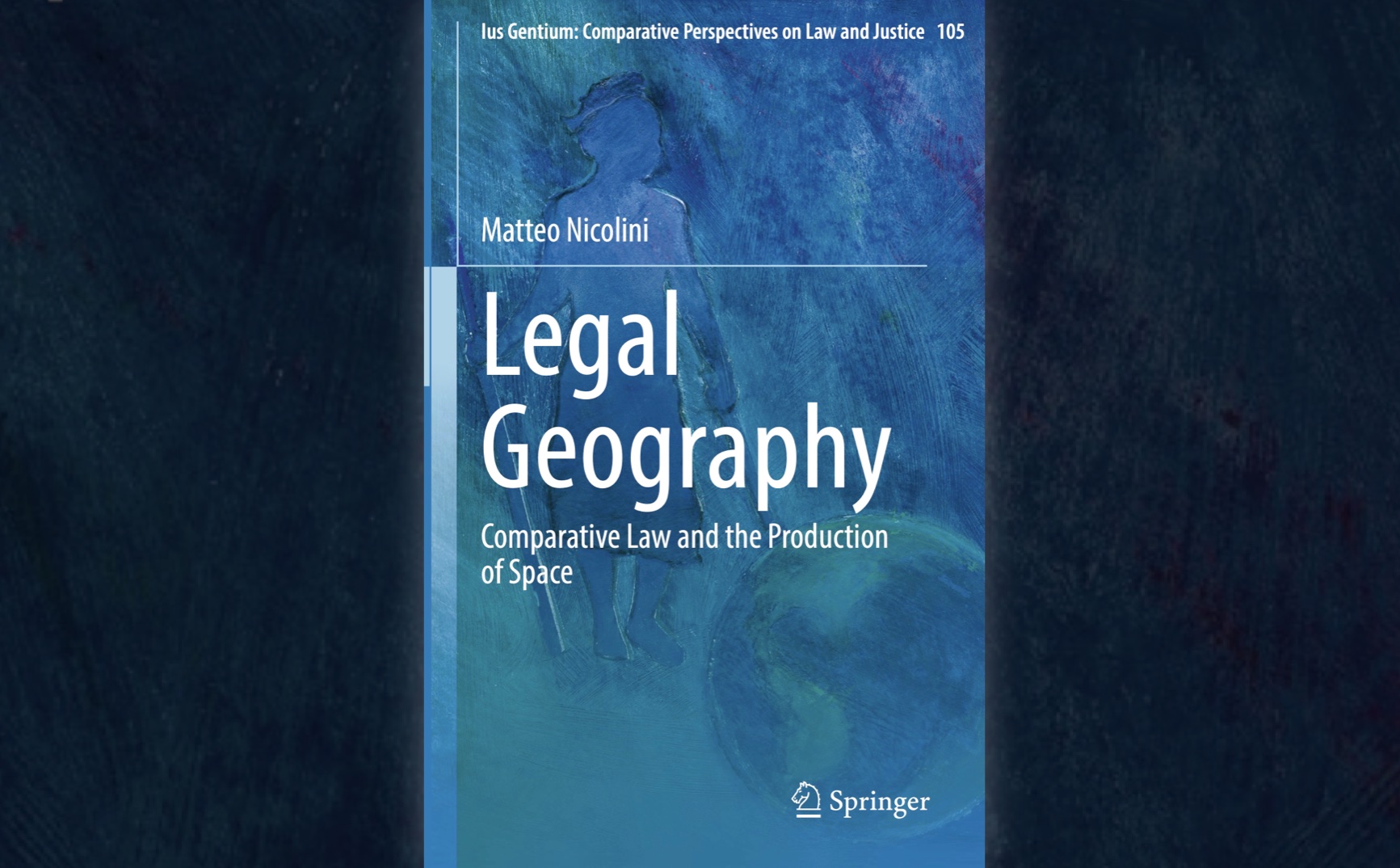Protecting a Sacred River: Transnational Appeals for Energy Justice and Indigenous Rights Recognition
By Sarah Kelly
The Pilmaiquén River is named after the swallow. Like the bird, the turquoise river makes a few quick and sporadic turns as it winds its way down from the Andean mountains toward the Pacific Ocean. In southern Chile, the Mapuche-Williche people hold the river as sacred to their culture. On We tripantu, the Mapuche new year which occurs on Austral winter solstice (June), the spirits of those who have died that year are known to travel up to the Wenumapu (the land above) when the river unites with the river of the sky, the Milky Way. Until We tripantu comes each year, these spirits live on animals in the river like birds and fish.






